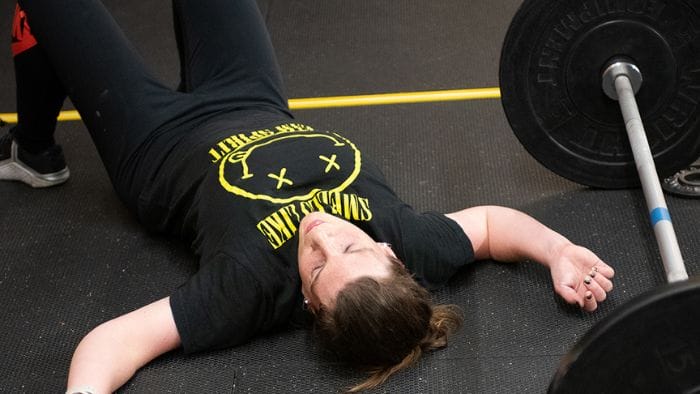By Aimee Wojtowecz

Congratulations on completing another intense workout session! We understand the hard work and dedication that goes into maintaining an active lifestyle. While the actual workout is undoubtedly important, what happens after you put down those dumbbells or step off the treadmill is equally as important. What is post-workout recovery and how can it optimize your fitness journey?
After pushing your body to its limits during exercise, your muscles undergo stress and micro-tears occur. It is during the recovery phase that your body repairs and rebuilds these damaged muscle fibers, making them stronger and more resilient. Neglecting post-workout recovery can lead to fatigue, decreased performance, and even increased risk of injury over time. That’s why understanding the science behind recovery and implementing effective strategies is key to unlocking your full fitness potential.
During exercise, your body utilizes stored energy in the form of glycogen. To facilitate efficient recovery, it’s crucial to replenish these energy stores post-workout. Consuming a balanced meal or snack that includes carbohydrates within 30-60 minutes after exercise is ideal. This helps kickstart glycogen synthesis and promotes faster recovery. Opt for whole grains, fruits, and vegetables to provide a steady release of carbohydrates, supporting your body’s replenishment process.
Protein is the building block of muscle tissue, making it an essential nutrient for post-workout recovery. Including a source of high-quality protein in your post-workout meal aids in muscle repair and growth. Lean meats, fish, eggs, dairy products, legumes, and plant-based protein sources like tofu and quinoa are excellent choices. Aim for 20-30 grams of protein to optimize the recovery process.
Sweating during exercise causes fluid loss, leading to dehydration. Rehydrating after a workout is crucial to restore the fluid balance in your body. Water should be your go-to choice for hydration, but if you engage in high-intensity workouts or exercise for an extended period, consider sports drinks that contain electrolytes to replenish lost minerals. Remember, staying adequately hydrated supports muscle function, joint mobility, and overall recovery.
While nutrition is essential, don’t overlook the role of rest and sleep in the recovery process. When you sleep, your body releases growth hormone, which aids in muscle repair. Aim for 7-9 hours of quality sleep each night to optimize recovery. Additionally, incorporating rest days into your workout routine allows your body to recover fully, reducing the risk of overtraining and promoting long-term progress.
Active recovery involves engaging in low-intensity exercises or activities that promote blood flow, aiding in muscle repair and reducing soreness. This could include light jogging, swimming, cycling, or yoga. Active recovery helps flush out metabolic waste products, alleviates muscle stiffness, and enhances overall recovery.
It’s common to experience muscle soreness, known as delayed-onset muscle soreness (DOMS), after intense workouts. To ease discomfort, consider incorporating techniques such as foam rolling, stretching, or massage therapy into your post-workout routine. These practices promote blood flow, reduce muscle tension, and expedite the recovery process.
Post-workout recovery is an essential component of any fitness journey. Prioritizing proper nutrition, hydration, rest, and active recovery ensures that your body is adequately prepared for the next workout, allowing for consistent progress and minimizing the risk of injury. Remember, fitness is a holistic approach that encompasses not only the exercise itself but also the recovery that follows. By implementing these strategies, you can achieve your goals with greater efficiency and effectiveness.
